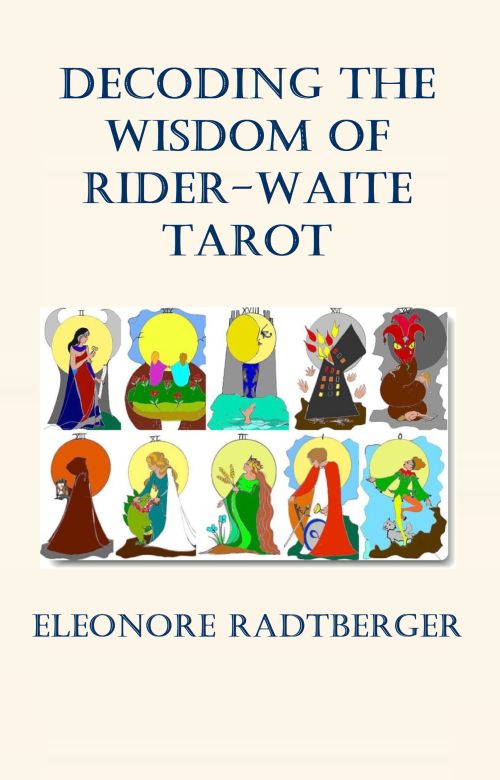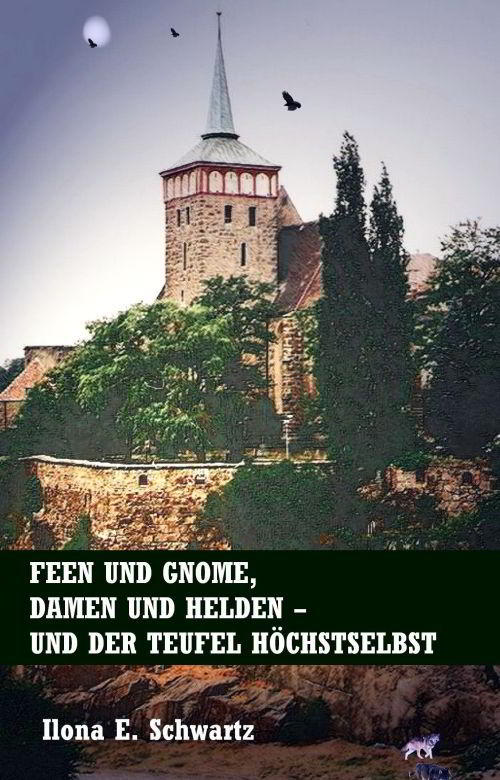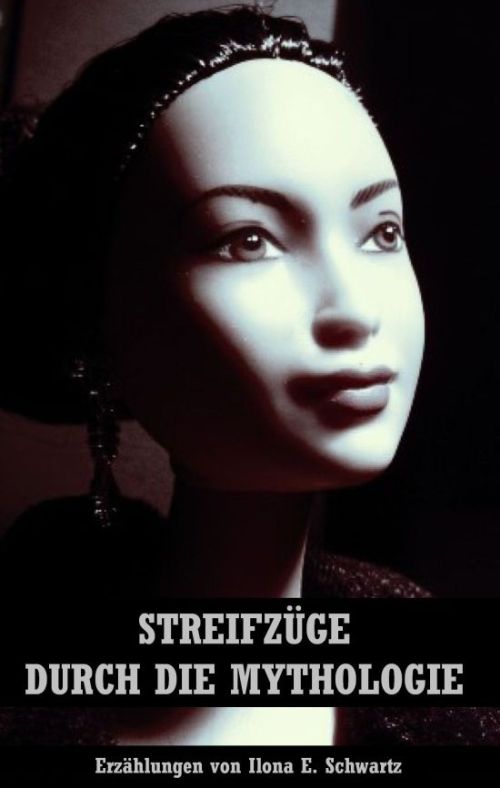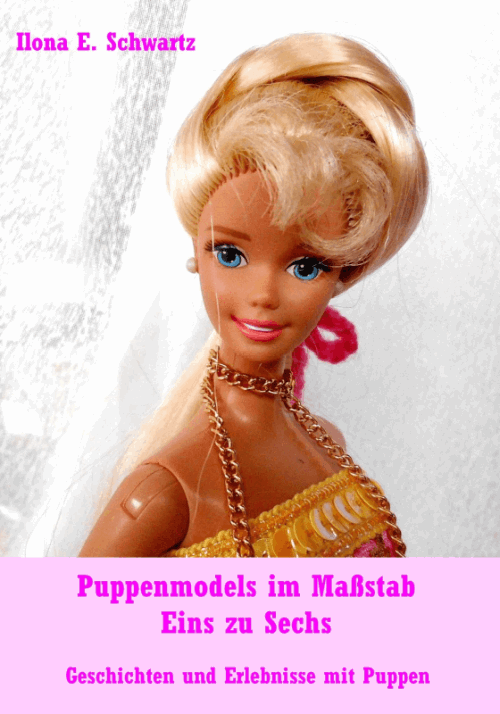
|
The voice of cultural exchange and empathy
In memory of the writer Pearl S. Buck

'The Time is Noon' is the title of a book by the American writer Pearl Sydenstricker Buck, born in West Virginia on 26 June 1892. It is a fitting title for a Nobel Prize winner who spent part of her life in Imperial China.
As the daughter of a missionary, it was not unusual for her to live in a foreign country where her father had found his calling. But unlike many emigrants and world travellers, the child soon developed a deep love and understanding of the people there. Her debut novel, 'East Wind, West Wind', published in 1930, tells the story of the chasm that the heroes of this tale had to bridge.
The way Buck described the lives of people in China immediately won her many admirers. Whether she was writing about poor peasants struggling to survive the hardships of daily live, or describing life in a large and wealthy house, Buck's deep understanding of people allowed readers to share their experiences and, above all, to understand and empathise with them.
Her book 'The Good Earth' (1931) is a family saga set in rural China at the turn of the 19th and 20th centuries. It tells the story of how a simple farmer becomes the master of a large house and the founder of a dynasty. Pearl S. Buck was able to convey the Asian way of life to Western readers in a way that no one else had ever done. It is said that she learned to speak Chinese as early as she learned English, and that her Amah taught her the mentality and way of thinking through her stories and songs. Her playmates were Chinese children. Almost everyone except her parents were Chinese.
Buck would later say that she felt a bit at home everywhere, but nowhere really. She incorporated her own experiences and some biographical elements into her books, which is why mentally handicapped children appear in her stories. Pearl S. Buck's own daughter was born with the hereditary disease Phenylketonuria (PKU). At the time, the condition was largely unknown and resulted in severe disabilities. Buck dedicated an entire book to her child, entitled 'The Child Who Never Grew'. Her only biological child was from her first marriage, which she described as unhappy. Pearl S. Buck adopted eight more children with her second husband.
And here you can find a selection of Pearl S. Buck's novels.
'The Good Earth' won her the Pulitzer Prize in 1932, and six years later she was awarded the Nobel Prize for Literature. The award was not universally acclaimed, with some critics dismissing her books as trivial literature. One reason for this may have been that Pearl S. Buck's novels were particularly appreciated and loved by women. However, a close reading of her works reveals that they have little in common with popular romantic tales of love and destiny. Buck never lost sight of the realities of life and described what was real.
Her biography of Empress Tzu Hsi, 'Imperial Women', paints an extremely complex picture of a person and her development into a power-hungry individual driven by both passion and necessity. Her characters are never flat or stereotypical; they possess the full repertoire of human inadequacy. Pearl S. Buck tackled subjects that may have sometimes frightened her readers – such as black teenage parents or mental illness – but her way of portraying them actually showed the fullness of life, which excludes nothing.
Few writers of her stature were as prolific, with a bibliography of more than seventy books. One of her most striking talents as a storyteller was her ability to describe with great affection the 'little things' which, through their apparent triviality, gave background and depth to the characters in her books. One of Buck's quotes is: 'Many people lose the small joys in the hope for the big happiness.'
Buck loved and cherished the happy moments in life and made the most of them wherever she could. At the age of seventy she learned to dance and found a friend and biographer in her much younger dance teacher. When she died in Danby, Vermont, USA, at the age of 80, she left behind an impressive life's work that was by no means limited to her books. She had given a home to children, mediated between East and West, lived a sometimes very difficult life and founded charities.
She once explained her passion for humanity as follows: 'I was a welcome child, a circumstance which I believe results in a natural good nature and a tendency to optimism.'
"The voice of cultural exchange and empathy. In memory of the writer Pearl S. Buck": An article by Pressenet (translation by Izabel Comati), 05/2025. This image shows a writing woman with an old typewriter, CC0 (Public Domain Licence).
– High inflation: how to deal with it in a modern economy?
– Isabelle. A story from French history
– The short and intense life of Jeanne Hebuterne
Discover more articles! Use the search function:
English archive:
More reviews, book presentations and essays
2024/2025
German archive:
2024 |
2023 |
2022 |
2021 |
2020 |
2019 |
2018 |
2017 |
2016 |
2015 |
2014 |
2013 |
2012 |
2011 |
2010 |
2009
Become a writer for Pressenet! Write articles for our online magazine on trending topics such as best books to read, health and wellness, technology and gadgets, business and finance, travel and tourism, lifestyle and fashion or education and career. Info: Become an author
Sponsors and investors are welcome: If you found our articles interesting, we would be grateful for a donation. Please also recommend us to your networks. Thank you very much!
Sitemap About Privacy Policy RSS Feed





